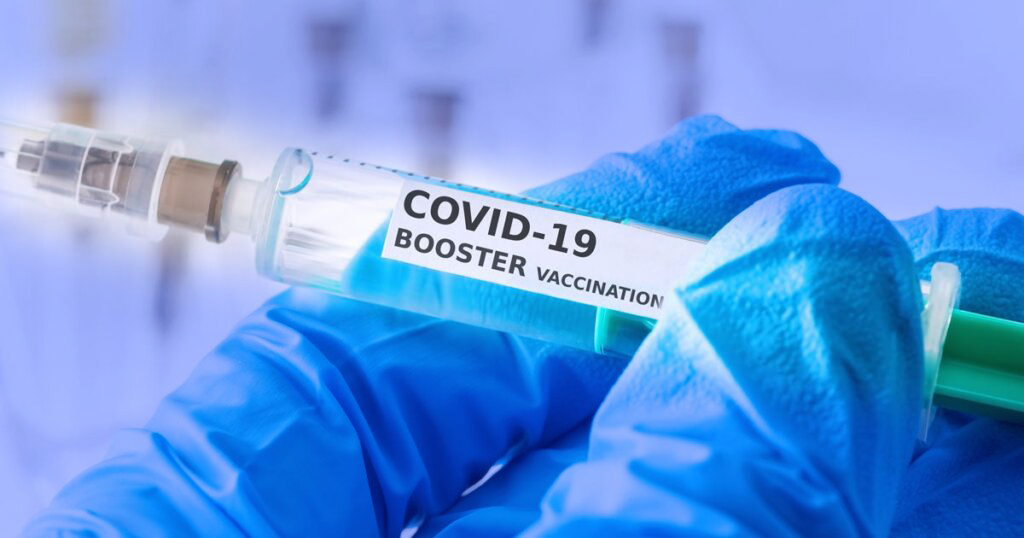Since the release of the first EUA vaccine came out in December 2020, we have continued to deal with the cycles of COVID-19 variants and recommendations. Recommendations have had to change quickly as well to deal with a huge public health problem and to protect ourselves as individuals.
In Mid-November 2021, the FDA and CDC established all adults 18 or older are eligible for a booster shot 6 months after completing their primary vaccination series if they had previously received Pfizer-BioNTech or Moderna vaccines, or 2 months after receiving the Johnson and Johnson single-dose vaccine. And now everyone 12 and up can receive the Pfizer-BioNTech booster vaccine.
Why do we need a booster?
COVID-19 booster shots are not a new idea. Since the vaccines were first introduced December 2020, scientists have acknowledged that boosters may be needed. We do booster shots for many other vaccines such as influenza, Tetanus, and pneumonia.
The main question is how long the immunologic protection against SARS-CoV-2 after vaccination, after infection or after both. And since we are learning about COVID-19 in real time, this is hard to know definitively. The recommendation of boosters doesn’t represent a failure of the existing vaccines, but that enhanced immune protection is needed as antibody levels naturally fall.
Who, when to get the Booster?
The current recommendationis to receive a booster dose of Pfizer-BioNTech and Moderna boosters 6 months after original series was completed or 2 months after Johnson & Johnson. The current booster vaccines are the same medication as the original vaccine, but as the virus evolves there may be new vaccines released to address the changes of the virus (new variants). This recommendation is even stronger if you are high risk for complications from a COVID-19 infection: Age >65 years, cardiac disease, diabetes, high risk pulmonary condition, immunocompromised, obese.
Extra circumstances to consider before taking the booster
If you’re eligible for the booster vaccine for SARS-CoV-2, recommend scheduling your dose. However, if the following apply to you, you may want to first discuss with your doctor about optimal timing strategies: You had complications from one of the first doses, you had a break-through infection with COVID-19 within last 3 months, you take medications that can suppress your immune system (i.e., injectable medications like Rituximab, corticosteroids with Prednisone equivalent dose of 20mg or higher per day). You can also consider checking your antibody levels to SARS Co-V2 if there is question about optimal timing. There is also an option to cross over to a different vaccine than you originally received. That should also be discussed with your doctor prior to taking.
Everyone 12 and older are now eligible to receive a booster vaccine. (Pfizer-BioNTech only for <18 years old). And those age 5-11 years old are eligible to receive the original first 2 doses of Pfizer SARS Co-V2 vaccine. With Omicron now the dominant variant, vaccination may not protect well against infection, but performs well against severe disease, particularly in those who have received a booster.
These recommendations will evolve with our evolving knowledge of the infection and how it changes. With vast amount of information around this virus mutations, we highly recommend that you check with a primary care doctor familiar with your care for any latest guidance, rather than believing everything you hear on the news. Our members receive unlimited consultation. Feel free to contact our office to see whether you want to try our guaranteed access to your own doctor during this trying period.
